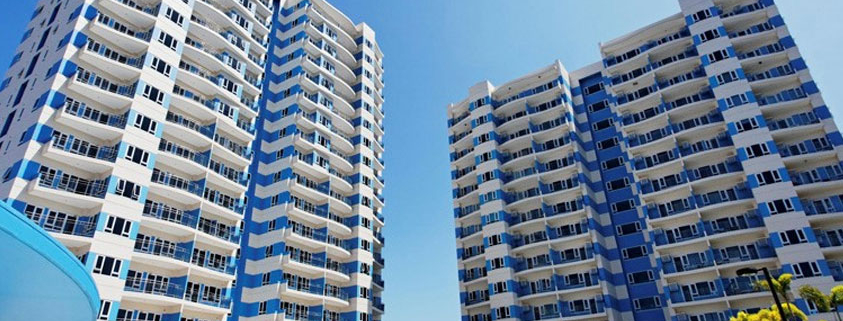Fiduciary responsibility does not stop after season
For many associations, all of the directors and officers left and subsequently left the governance of their associations to their property managers until they return.
If an association has a good and active property manager that is being well paid, this may not be much of a problem. However, for others, you might have the mice playing while the cats are out of town. During the lazy days of summer, if no one is minding the store, inventory may vanish, vendors may get sloppy with no oversight, landscaping may deteriorate and building leaks may go undetected causing expensive water and mold damage. Come fall, as long as lots of “color” annuals are planted around the place, the prevailing thought is that all of the snowbirds will be happy when they return.
Property managers and association vendors know to be conspicuous when all the members are in town in season. That is why the leaf blowers and lawn mowers are humming during the morning board meetings in the winter, the painters are hanging off the sides of the building, and the housekeepers are spiffing up the place to let those in power know that the job is getting done.
Some officers and directors need to be reminded that they have a fiduciary duty to their members year-round to properly maintain the buildings and grounds.
Jack Holeman, a property manager on the East coast of Florida, once wrote a good summary of what a director’s and officer’s fiduciary duty is.
Jack said, “A fiduciary relationship simply means a relationship of trust and confidence. An association and its board maintain the common property of, and do business as agent for, the folks who own the complex, i.e., the unit owner members. The unit owners, therefore, can expect to have complete trust in these elected leaders. It follows that, as trusted agents, the law holds such boards and officers to a higher standard of “trust” than would apply in usual business transactions. Board members must always act in good faith and in the best interests of the unit owners, while always operating within the scope of their authority. In other words, they can be trusted to act prudently and responsibly in every circumstance when dealing with and for the unit owners of the association. I must add, that since board members and officers are not necessarily required to be educated and expert in all areas needed to manage a community association they can, and should be expected to, rely heavily upon the expertise and advice of consultants such as attorneys, engineers, accountants and managers prior to making many decisions concerning handling the money, property, and lives of the resident owners.”
Association vendor performance still needs to be reviewed off-season by the president and invoices need to be reviewed and paid promptly by the treasurer. The property manager should be updating the president and board on a regular basis off-season as to what is going on. The board should still have at least a few board meetings off-season to keep on top of things. As the directors are away, there is nothing wrong with, and most well run associations will have a few teleconference board meetings off-season.
Every year we unfortunately hear the same thing again and again. Owners will return in November to find their units flooded out and covered in mold because no one inspected the units for possible leaks over the summer. The daily afternoon rains seeped through that small hole in the roof, the unit water shut-off valve was never shut off and then the hot water heater, toilet hose, washing machine hose, ice maker line, or dishwasher line broke. In multistory and high-rise condominiums, these leaks may have damaged many units and the common elements.
If someone was periodically inspecting the units and common areas over the summer when no one was around, many such leaks would be discovered quickly and much of the damage would have been mitigated.

